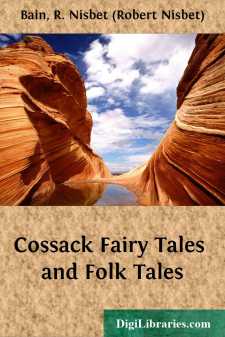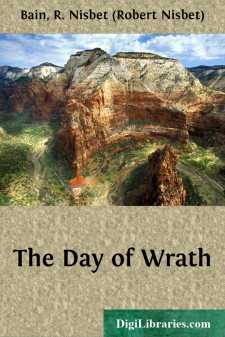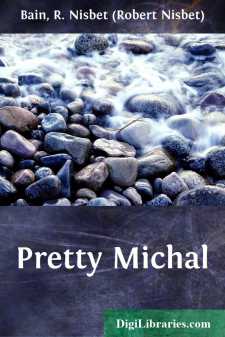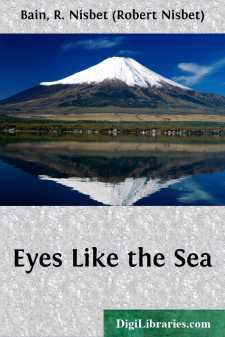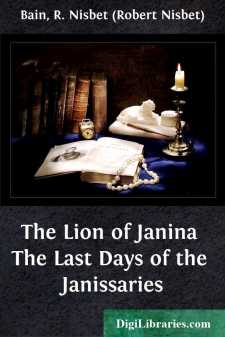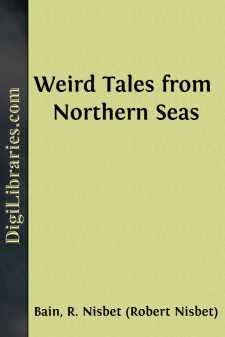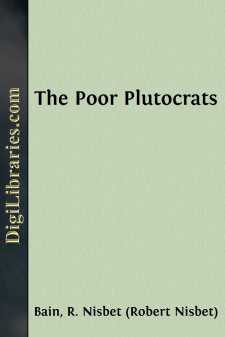Categories
- Antiques & Collectibles 13
- Architecture 36
- Art 48
- Bibles 22
- Biography & Autobiography 815
- Body, Mind & Spirit 144
- Business & Economics 28
- Children's Books 18
- Children's Fiction 14
- Computers 4
- Cooking 94
- Crafts & Hobbies 4
- Drama 346
- Education 58
- Family & Relationships 59
- Fiction 11833
- Games 19
- Gardening 17
- Health & Fitness 34
- History 1378
- House & Home 1
- Humor 147
- Juvenile Fiction 1873
- Juvenile Nonfiction 202
- Language Arts & Disciplines 89
- Law 16
- Literary Collections 686
- Literary Criticism 179
- Mathematics 13
- Medical 41
- Music 40
- Nature 179
- Non-Classifiable 1768
- Performing Arts 7
- Periodicals 1453
- Philosophy 65
- Photography 2
- Poetry 896
- Political Science 203
- Psychology 44
- Reference 154
- Religion 515
- Science 126
- Self-Help 85
- Social Science 82
- Sports & Recreation 34
- Study Aids 3
- Technology & Engineering 59
- Transportation 23
- Travel 463
- True Crime 29
Our website is made possible by displaying online advertisements to our visitors.
Please consider supporting us by disabling your ad blocker.
Cossack Fairy Tales and Folk Tales
Categories:
Description:
Excerpt
INTRODUCTION TO THE
FIRST EDITION
The favourable reception given to my volume of Russian Fairy Tales has encouraged me to follow it up with a sister volume of stories selected from another Slavonic dialect extraordinarily rich in folk-tales––I mean Ruthenian, the language of the Cossacks.
Ruthenian is a language intermediate between Russian and Polish, but quite independent of both. Its territory embraces, roughly speaking, that vast plain which lies between the Carpathians, the watershed of the Dnieper, and the Sea of Azov, with Lemberg and Kiev for its chief intellectual centres. Though it has been rigorously repressed by the Russian Government, it is still spoken by more than twenty millions of people. It possesses a noble literature, numerous folk-songs, not inferior even to those of Serbia, and, what chiefly concerns us now, a copious collection of justly admired folk-tales, many of them of great antiquity, which are regarded, both in Russia and Poland, as quite unique of their kind. Mr Ralston, I fancy, was the first to call the attention of the West to these curious stories, though the want at that time of a good Ruthenian dictionary (a want since supplied by the excellent lexicon of Zhelekhovsky and Nidilsky) prevented him from utilizing them. Another Slavonic scholar, Mr Morfill, has also frequently alluded to them in terms of enthusiastic but by no means extravagant praise.
The three chief collections of Ruthenian folk-lore are those of Kulish, Rudchenko, and Dragomanov, which represent, at least approximately, the three dialects into which Ruthenian is generally divided. It is from these three collections that the present selection has been made. Kulish, who has the merit of priority, was little more than a pioneer, his contribution merely consisting of some dozen kazki (Märchen) and kazochiki (Märchenlein), incorporated in the second volume of his Zapiski o yuzhnoi Rusi (“Descriptions of South Russia,” Petrograd, 1856-7). Twelve years later Rudchenko published at Kiev what is still, on the whole, the best collection of Ruthenian folk-tales, under the title of Narodnuiya Yuzhnorusskiya Skazki (“Popular South Russian Folk-tales”). Like Lïnnröt among the Finns, Rudchenko took down the greater part of these tales direct from the lips of the people. In a second volume, published in the following year, he added other stories gleaned from various minor manuscript collections of great rarity. In 1876 the Imperial Russian Geographical Society published at Kiev, under the title of Malorusskiya Narodnuiya Predonyia i Razkazui (“Little-Russian Popular Traditions and Tales”), an edition of as many manuscript collections of Ruthenian folk-lore (including poems, proverbs, riddles, and rites) as it could lay its hands upon. This collection, though far less rich in variants than Rudchenko’s, contained many original tales which had escaped him, and was ably edited by Michael Dragomanov, by whose name, indeed, it is generally known.
The present attempt to popularize these Cossack stories is, I believe, the first translation ever made from Ruthenian into English....


